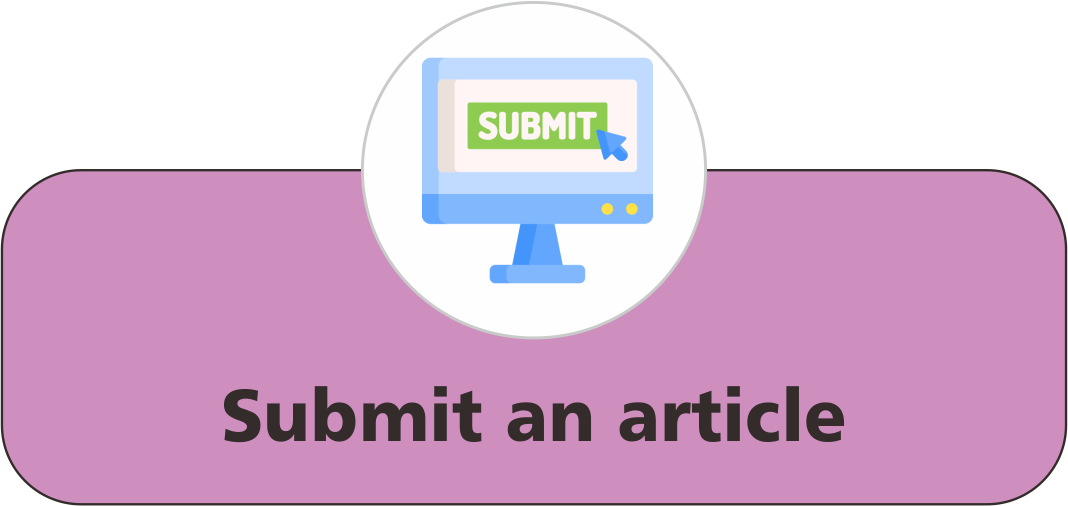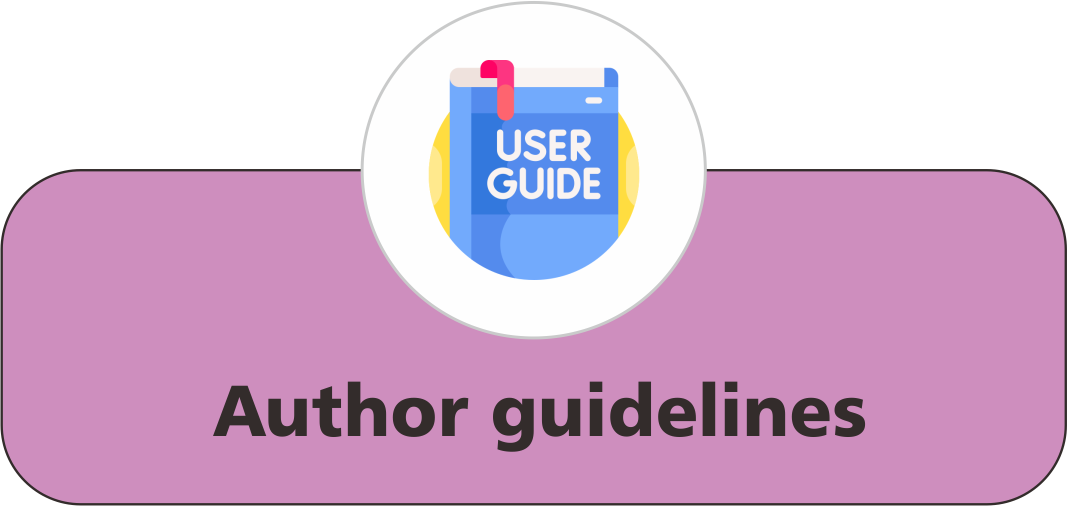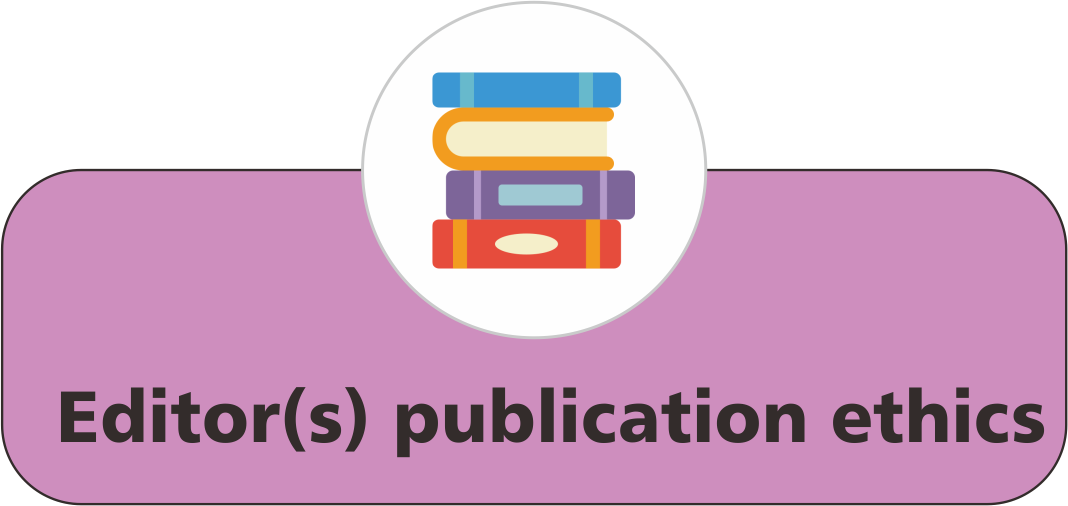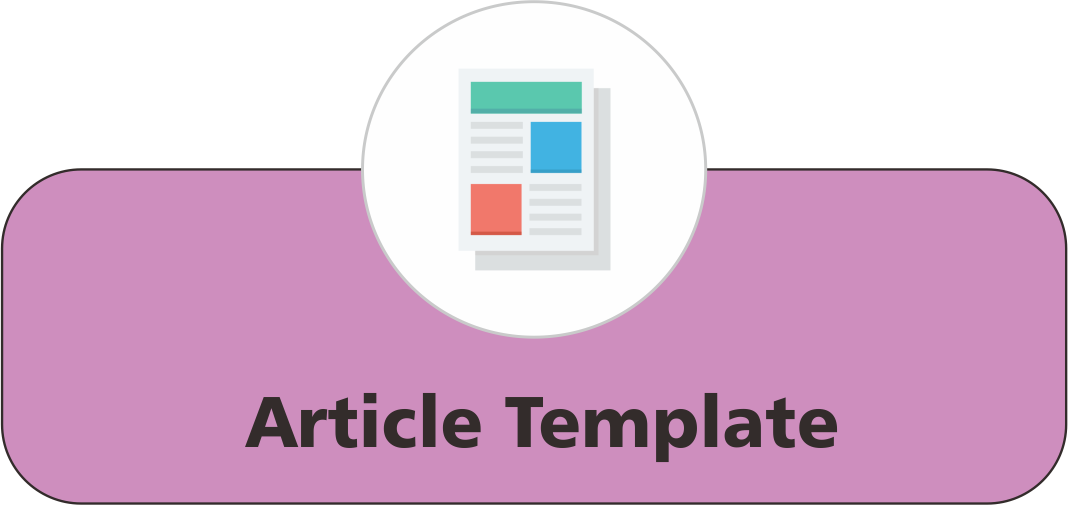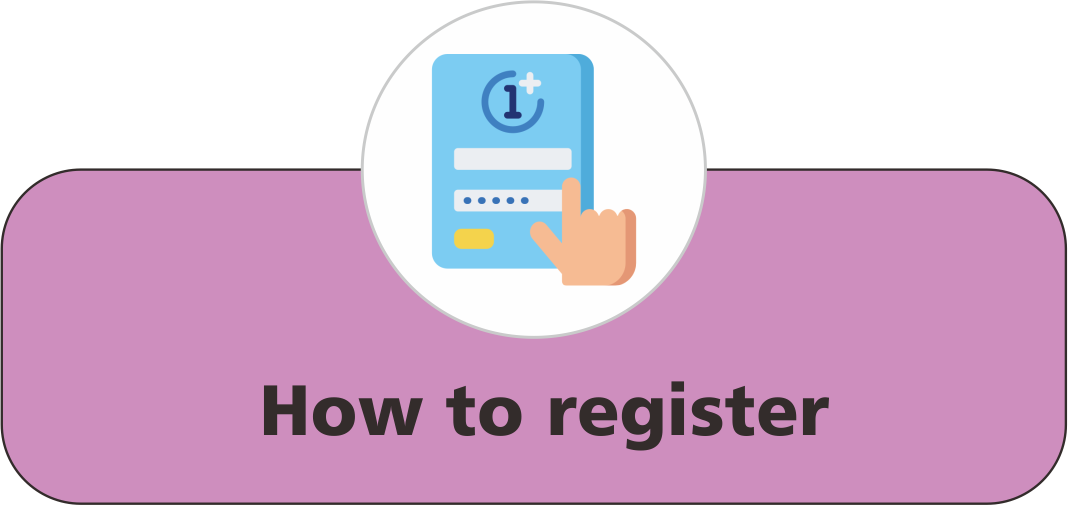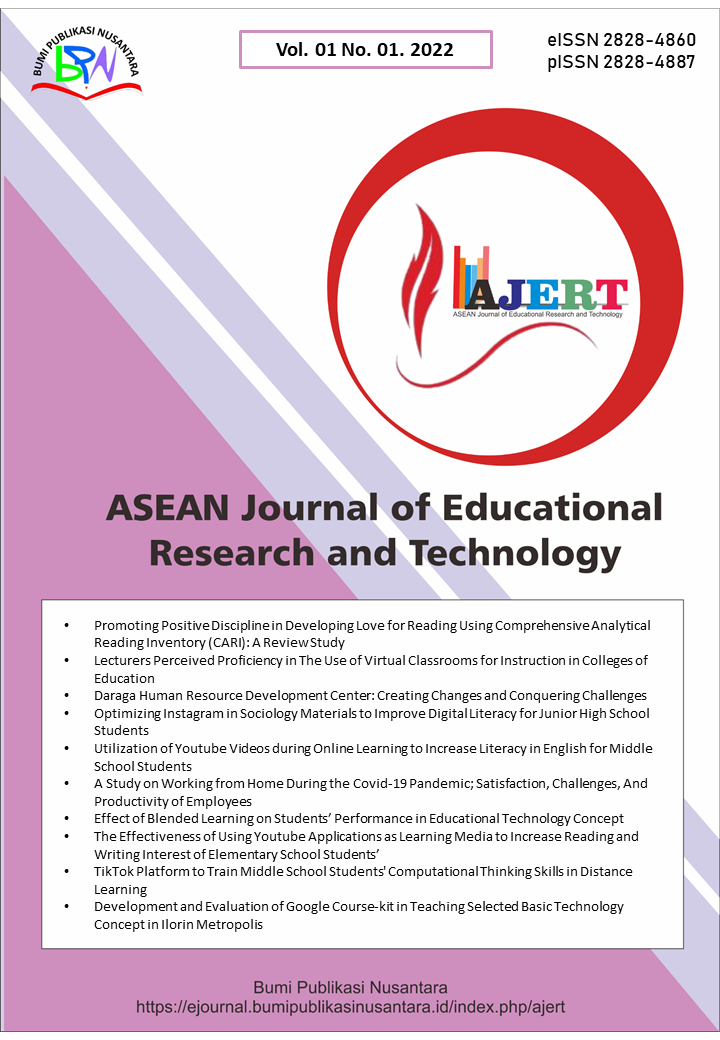Integrating World Experience Through Interdisciplinary Learning in Nigerian Universities
 ), Hadiza A. Musa(2), Kamaldeen Rahmat Tinuke(3),
), Hadiza A. Musa(2), Kamaldeen Rahmat Tinuke(3),
(1) Kogi State University Anyigba
(2) Kogi State University Anyigba
(3) Al-Hikmah University Ilorin
 Corresponding Author
Corresponding Author
Abstract
Keywords
References
Biggs, J., and Collis, K. F. (1980). SOLO taxonomy. Education News, 17(5), 19-23.
Bok, E. W., and Lewis, W., D. (2013). Entrepreneur: Essays in economic and business history. American Heritage, 36(1), 100–109.
Gregory, M. (2007). Real teaching and real learning vs narrative myths about education. Arts and Humanities in Higher Education, 6(1), 7-27.
Lake, K. (1994). Integrated curriculum. School Improvement Research Series, 16, 189-197.
Muraina, K. O., and Hassan, A., A. (2022). Assessment of life satisfaction among retired Kwara State Civil servants amidst Covid-19 pandemic lockdown. Quality of Life Journal, 13(2), 5-11.
Muraina, K. O., and Kamaldeen, R., T. (2022). Poverty and marital instability as determinants of child molestation amongst secondary school instructors in Kwara State. Indonesian Journal of Creative Counselling, 2(1), 1-8.
Muraina, K. O., and Oladimeji, L., O. (2022). Internet-based technique and social support in the management of depression among secondary school teachers in Oyo State, Nigeria. International Journal on Education Insight, 3(1), 9-18.
Muraina, K. O., Umar, T. I., and Kirti, V. (2021). Teachers’ improvisation of instructional materials and mathematics learning gains among students in Kwara State: Counselling implications. Journal of Mathematical Applications in Education, 5(2), 315-3229.
Muraina, K. O., Yusuf, S., and Abdulkareem, H. B. (2021). Effects of indigenous game strategies on academic performance of pupils in numeracy in ilorin east local government area of Kwara State, Nigeria. Journal of Teaching and Teacher Education, 9(2), 71-80.
Article Metrics
Abstract View : 1379 times
: 1379 times Download : 714 times
Download : 714 times
Refbacks
- There are currently no refbacks.
Copyright (c) 2022 Bumi Publikasi Nusantara

This work is licensed under a Creative Commons Attribution-ShareAlike 4.0 International License.

